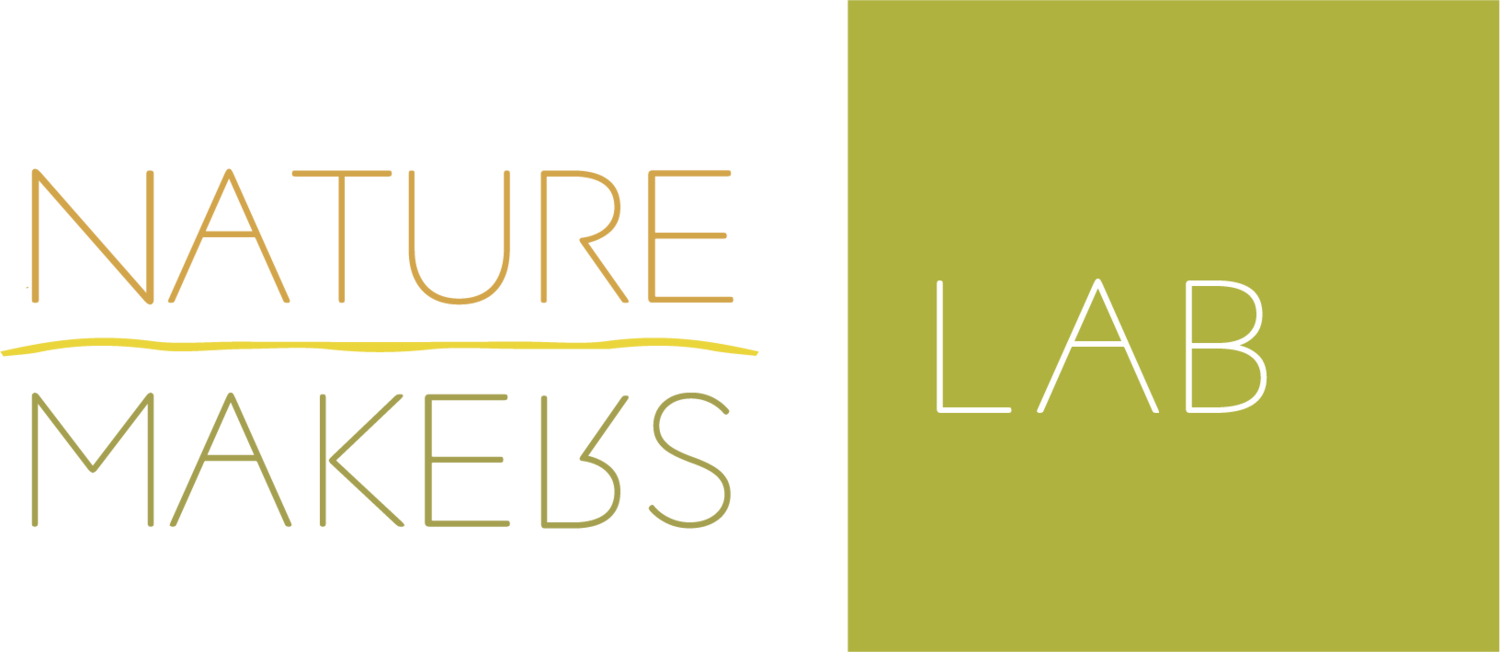
More than one million animal and plant species are under the threat of extinction. Global populations have plummeted by almost 70% on average since 1970.
Biodiversity loss is not just about cute pandas and pangolins. Humans depend on an infinite number of species to provide clean air, water and food. Without trees, we will have no rainfall or oxygen, without bees we will have no strawberries or mangoes or vegetables. Some experts suggest that an insect apocalypse could eradicate humans from the Earth within 50 years, and it’s currently underway.
So what can we do about it?
Most of this loss of life is happening because we are building roads, cities and taking up more land to grow food, leaving little room for wildlife. But it’s not just about converting wild spaces, it’s HOW we choose to do it. A typical city is covered in cement, brick and glass — hard impermeable surfaces that do not absorb water, do not allow airflow, do not embrace life. Even parks are often dominated by concrete with manicured shrubs and individual trees lining its paths (and often not native!). Nature on the other hand, is soft, curved and diverse. Riverbanks gently slope to allow plants and animals to wade in and out easily. Roots and branches can bend to meet the light or exchange nutrients with neighbouring trees. Just one cubic foot of healthy forest soil can contain thousands of microorganisms. Every inch is teeming with life.
Why can’t our cities be more like that?
Nature Makers Lab was created with the belief that humans can have a positive influence on our planet. How might we create cities where biodiversity thrives and people can easily access nature for mental and spiritual well-being? Why can’t a park host a real forest that provides food, medicine and fibre, not just to wildlife, but to us as well? Why can’t a wall or a fence be full of flowers that provide nectar for bees and herbs for us? Or streets be lined with layers of grasses, shrubs and trees that filter out noise and pollution and attract songbirds into the city?
We need to stop thinking of urban greenery as purely aesthetic and find ways to foster life and make connections, for biodiversity and hunman well-being. Just 20 minutes spent in nature has been shown to reduce stress levels and increase attention span, and yet many of us city-zens need to travel hours to access “real” nature.
All we need is your imagination. Come experiment with us.
Camilla Zanzanaini
Founder & CEO
Armed with 10 years of experience in environmental research, visual storytelling and design thinking, Camilla created Nature Makers Lab to apply those skills to restoring urban spaces with native species.
She is a trained facilitator, communications specialist and design researcher, working to create innovative solutions to tackle environmental and conservation issues. Her technical expertise includes areas such as agroecology, agricultural biodiversity, integrated landscapes, zero waste and circular economy.
Camilla is certified in Ecosystem Restoration Design and a published author on Integrated Landscape and Ecosystem Service Management.
Advisory Partner
SUGi is a crowdfunding platform that helps anyone invest in actively restoring healthy ecosystems around the world. With years of experience in Forest Making and Ocean Gardening, SUGi provides Nature Makers Lab and a community of biodiversity builders with peer support and advice on rewilding.
Find out more at the SUGi Project.


